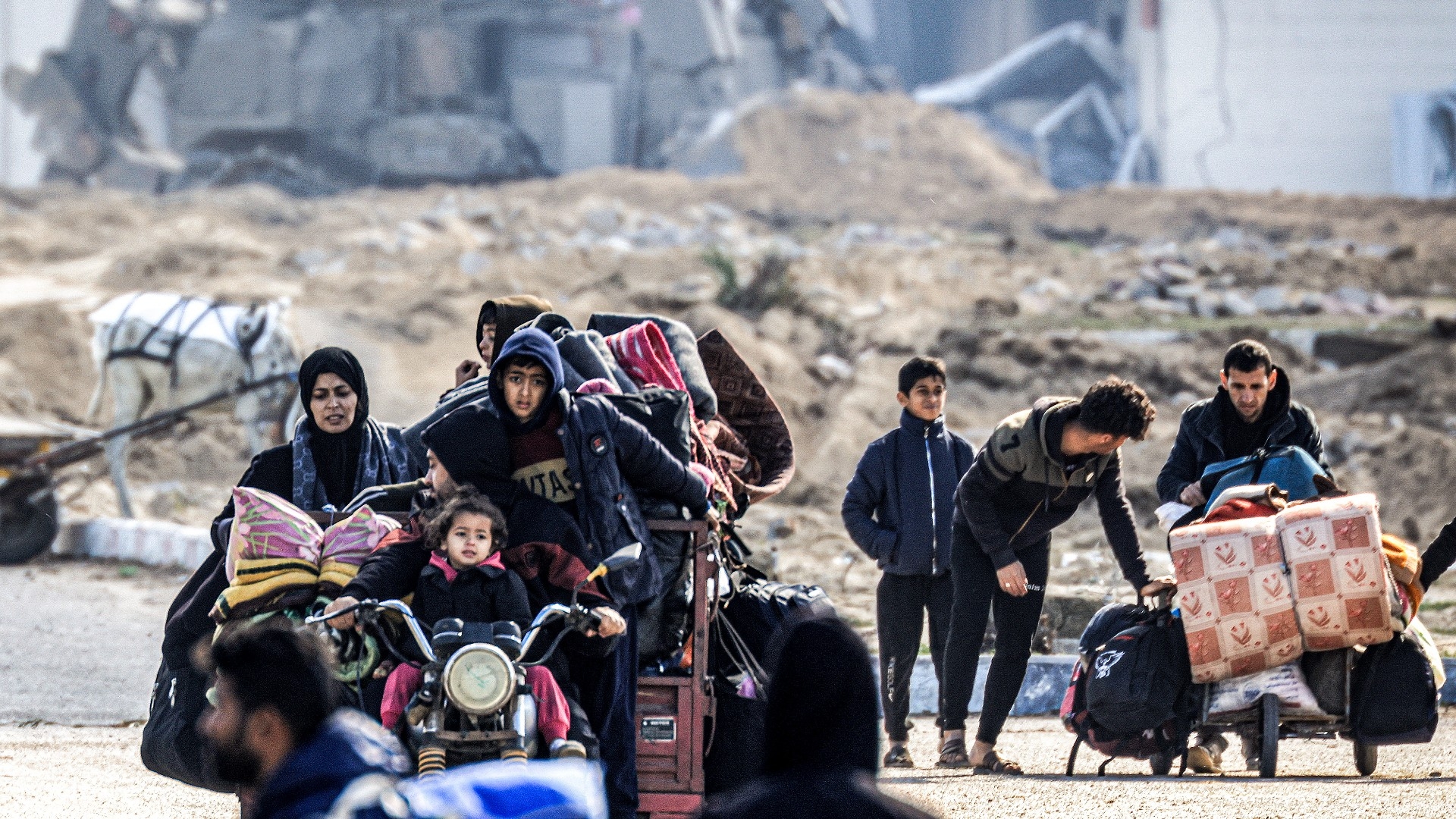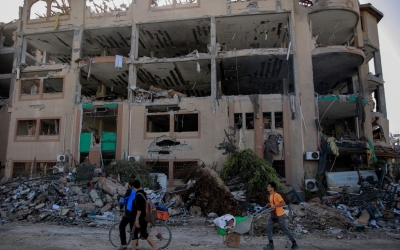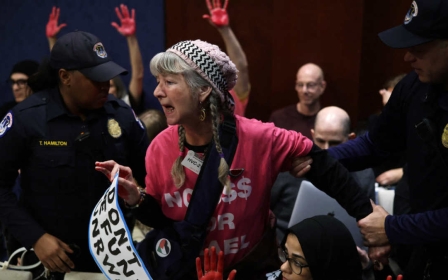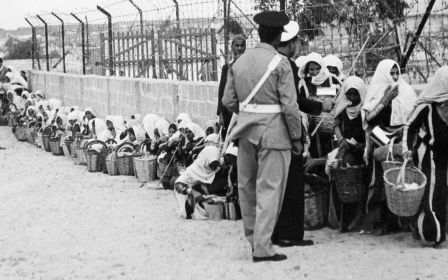War on Gaza: Heads of UN agencies call for Unrwa funding to be restored

The heads of United Nations agencies and NGOs have signed a joint statement calling on countries to reconsider pausing funds to the UN agency for Palestinian refugees (Unrwa).
Several countries, including the US, UK, Australia, Canada, Germany, Italy, the Netherlands, Switzerland and Finland last week suspended funding to the agency after Israel alleged that 12 of its 30,000 employees participated in the 7 October attacks on southern Israeli towns. Japan and Austria later also suspended their funding for the agency.
"Any UN employee involved in acts of terror will be held accountable," the heads of the UN agencies wrote in a statement on Tuesday.
"However, we must not prevent an entire organisation from delivering on its mandate to serve people in desperate need.
"The harrowing events that have been snowballing in Gaza since 7 October have left hundreds of thousands of people homeless and on the brink of famine. Unrwa, as the largest humanitarian organisation in Gaza, has been providing food, shelter and protection, even as its own staff members were being displaced and killed."
New MEE newsletter: Jerusalem Dispatch
Sign up to get the latest insights and analysis on Israel-Palestine, alongside Turkey Unpacked and other MEE newsletters
They said that the pausing of funds would have "catastrophic consequences" in Gaza, and urged countries to reconsider.
The letter was signed by Martin Griffiths, under-secretary-general for humanitarian affairs (Ocha), World Food Programme head Cindy McCain, World Health Organisation chief Tedros Adhanom Ghebreyesus, among several others.
"Withdrawing funds from Unrwa is perilous and would result in the collapse of the humanitarian system in Gaza, with far-reaching humanitarian and human rights consequences in the occupied Palestinian territory and across the region," they said.
"The world cannot abandon the people of Gaza."
Unrwa was established in 1949 - a year after the Nakba (or catastrophe) in which 750,000 Palestinians were forced from their homes by Zionist militias during the creation of Israel - to provide healthcare, education and humanitarian aid to Palestinians in Gaza, the occupied West Bank, Jordan, Syria and Lebanon.
Cuts felt across the region
Today, Unrwa is the second-largest employer in Gaza, following Hamas and the Palestinian Authority. The agency has 30,000 employees in total, 13,000 of whom are in the Gaza Strip.
In the besieged enclave, it runs 183 schools, 22 health facilities and seven women's centres, among several other facilities.
Its schools are attended by 286,645 students in Gaza, while its medical facilities have 3.4 million average visits per year, according to UN data.
At least 136 of the agency's 13,000 staff members in Gaza have been killed by Israeli attacks since the war broke out on 7 October.
Its schools, facilities and shelters have been repeatedly targeted by Israeli bombardment, with scores of displaced Palestinian civilians killed while taking refuge in Unrwa facilities.
There have been several cuts to Unrwa funding by international donor states in recent years, including in 2018, when US President Donald Trump announced an end to funding due to what he said was a lack of willingness on the part of the Palestinian leadership to negotiate with Israel.
The move was condemned by the subsequent administration of Joe Biden, who restored the funding.
The latest cuts will be keenly felt amongst Palestinians across the region, including in the occupied West Bank.
Iman Hazem, a resident at the Unrwa-run Nour Shams refugee camp told MEE this week it was already increasingly difficult to restore services after they had been damaged by Israeli soldiers during frequent raids.
"Every time they storm the camp, the Israeli army deliberately destroys electricity poles and water lines, and we are forced to stay for days without water or electricity," Hazem said.
"Stopping support for Unwra causes great pressure on us because if its services stop or weaken with this destruction occurring, it will cause an accumulation of (things to repair)."
Middle East Eye delivers independent and unrivalled coverage and analysis of the Middle East, North Africa and beyond. To learn more about republishing this content and the associated fees, please fill out this form. More about MEE can be found here.





